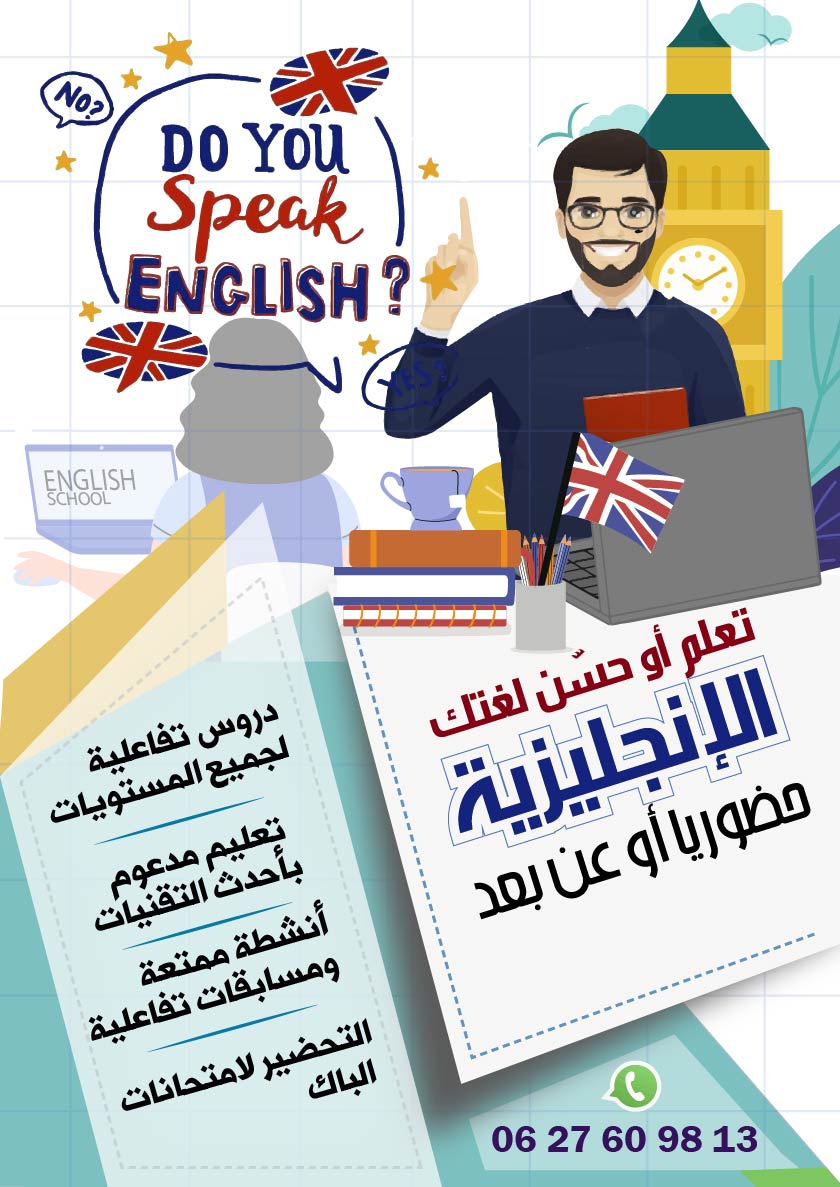After explaining the modals used for Ability, Permission, Requests and Advice expressions in Part1 of Modals lesson. In this section, We are going to clarify the modals which express :
-
Offers and Invitations ( using Can , Shall and Would )
-
Obligation and Necessity ( using Must )
-
Possibility ( using Could, Might and May )
-
Impossibility ( using Can’t )
-
Certainty ( using Must and should )
Offers and invitations:
- We use can I… and to make offers:
Can I help you?
Can I do that for you?
- We can also use shall I …
Shall I help you with that?
Shall I call you on your mobile?
- We sometime say I can … or I could … or I’ll (I will) … to make an offer:
I can do that for you if you like.
I can give you a lift to the station.
I’ll do that for you if you like.
I’ll give you a lift to the station.
- We use would you like (to) … for invitations:
Would you like to come round to morrow?
Would you like another drink?
- We use you must or we must for a very polite invitation:
You must come round and see us.
We must meet again soon.
Obligation and necessity
- We use must to say that it is necessary to do something:
You must stop at a red light.
Everyone must bring something to eat.
You can wear what you like, but you must look neat and tidy.
I’m sorry, but you mustn’t make a noise in here.
- We use had to for this if we are talking about the past:
Everyone had to bring something to eat.
We could wear what we liked, but we had to look neat and tidy.
Possibility:
- We use the modals could, might and may to show that something is possible in the future, but not certain:
They might come later. (= Perhaps/Maybe they will come later.)
They may come by car. (= Perhaps/Maybe they will come by car.)
If we don’t hurry we could be late. (= Perhaps/Maybe we will be late)
- We use could have, might have and may have to show that something was possible now or at some time in the past:
It’s ten o’clock. They might have arrived now.
They could have arrived hours ago.
- We use the modal can to make general statements about what is possible:
It can be very cold in winter. (= It is sometimes very cold in winter)
You can easily lose your way in the dark. (= People often lose their way in the dark)
- We use the modal could as the past tense of can:
It could be very cold in winter. (= Sometimes it was very cold in winter.)
You could lose your way in the dark. (= People often lost their way in the dark)
Impossibility:
- We use the negative can’t or cannot to show that something is impossible:
That can’t be true.
You cannot be serious.
- We use couldn’t/could not to talk about the past:
We knew it could not be true.
He was obviously joking. He could not be serious.
Certainty ( Making Deductions) :
- We use the modal must to show we are sure something to be true and we have reasons for our belief:
It’s getting dark. It must be quite late.
You haven’t eaten all day. You must be hungry.
- We use must have for the past:
They hadn’t eaten all day. They must have been hungry.
You look happy. You must have heard the good news.
- We use the modal should to suggest that something is true or will be true in the future, and to show you have reasons for your suggestion:
Ask Miranda. She should know.
It’s nearly six o’clock. They should arrive soon.
- We use should have to talk about the past:
It’s nearly eleven o’clock. They should have arrived by now.
To go to
PART 1
britishcouncil.org



































